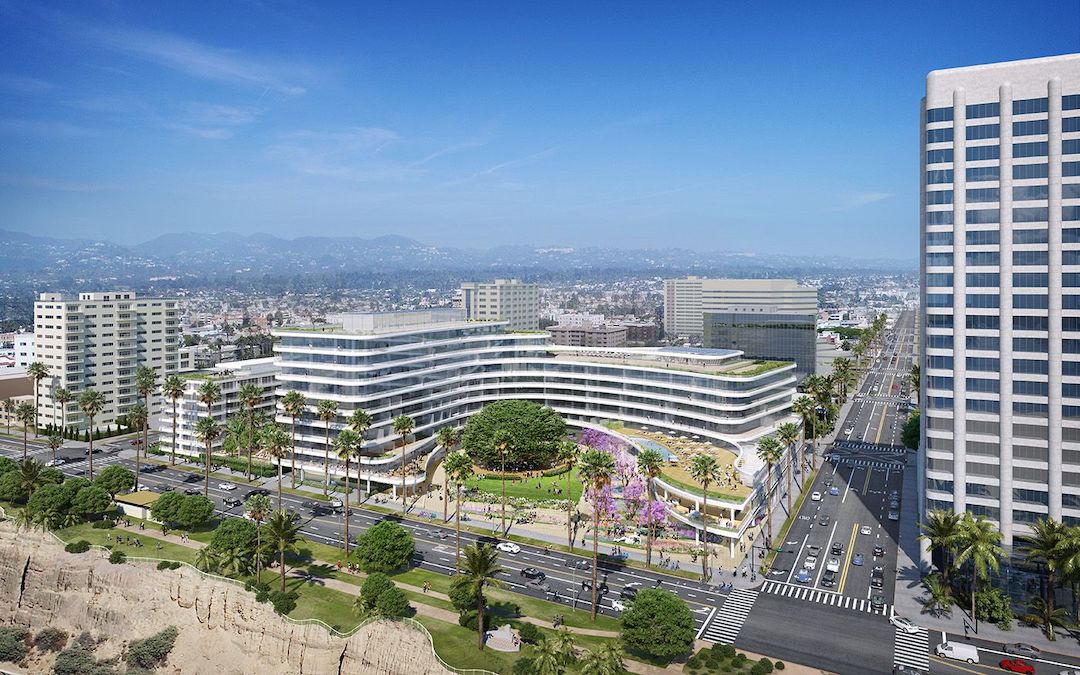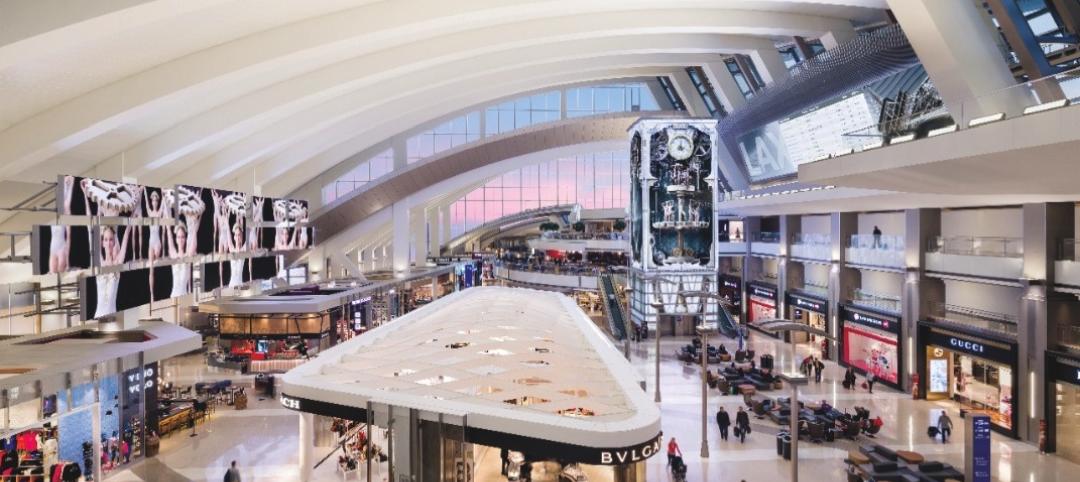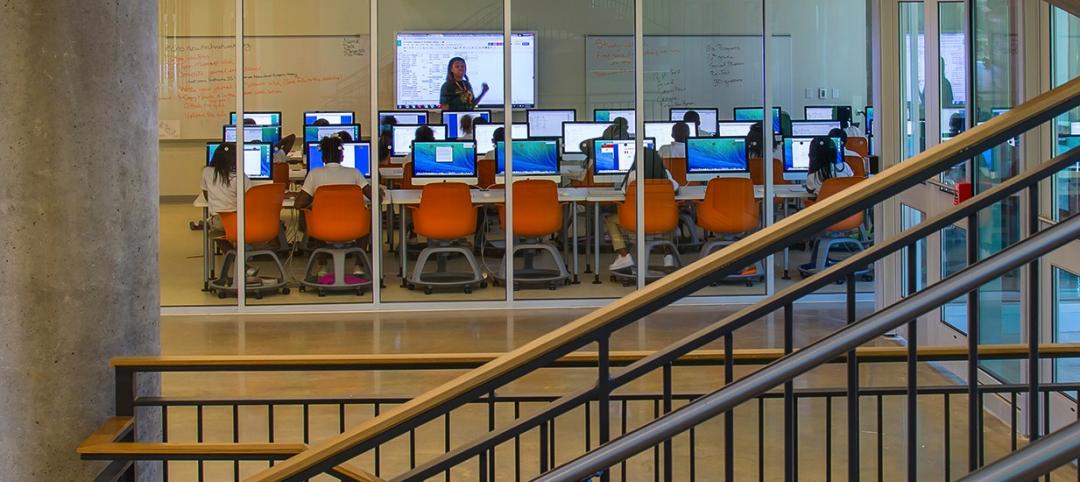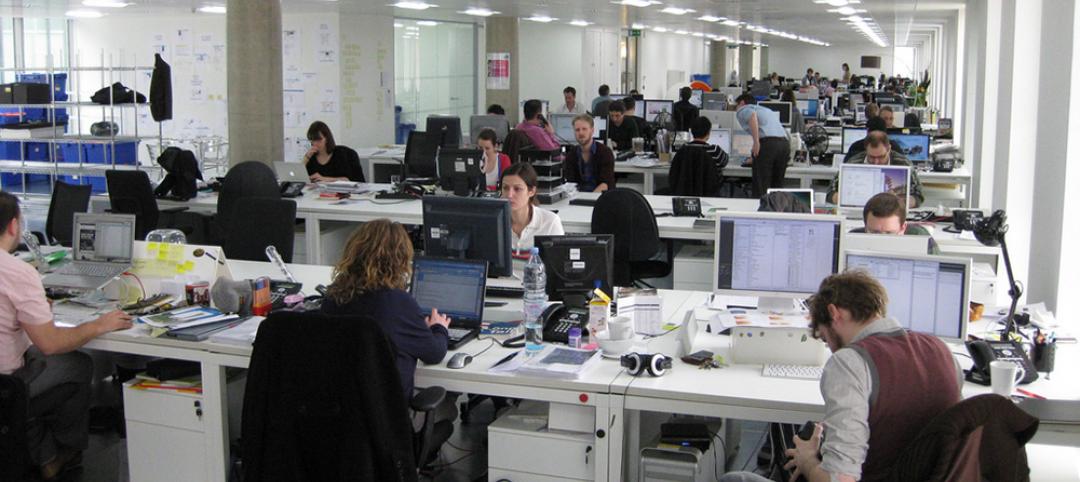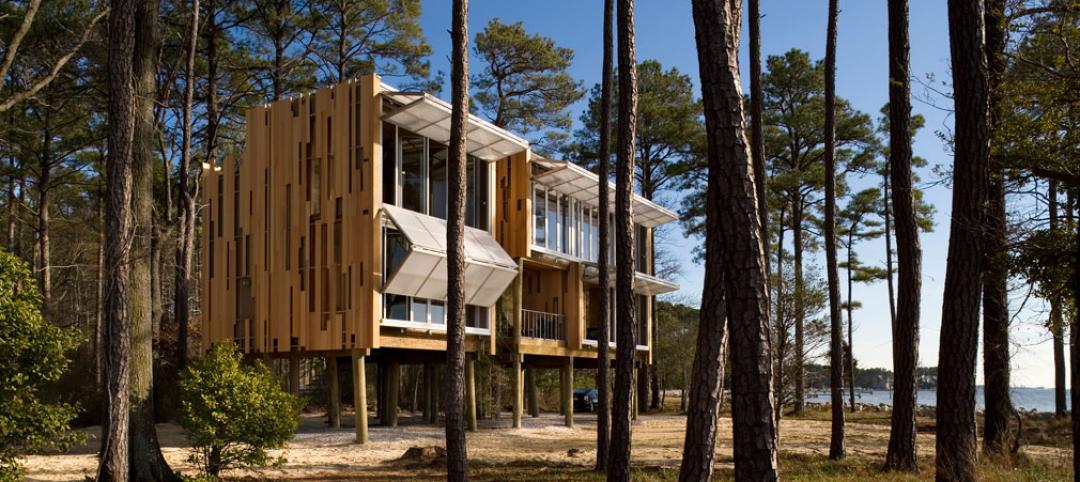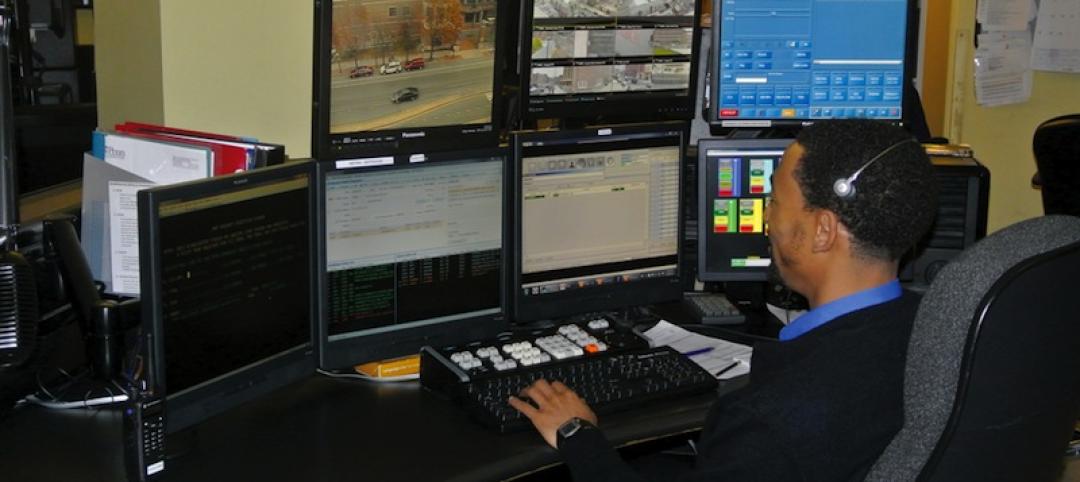Pelli Clarke Pelli Architects announces the renaming of the award-winning firm to Pelli Clarke &Partners as it honors the firm’s legacy and continue its vision for the future. Together, Fred Clarke and Rafael Pelli along with ten other exceptional Partners are proud to lead Pelli Clarke & Partners into the bright future.
Pelli Clarke & Partners is known for designing some of the world’s most iconic buildings. The firm’s portfolio includes critically-acclaimed buildings such as Petronas Towers in Kuala Lumpur, the International Finance Center in Hong Kong, and Salesforce Transit Center in San Francisco.
Pelli Clarke & Partners designs transformative buildings and public spaces that connect people and place – earning the firm hundreds of international awards for design excellence, as well as coveted awards from national, regional, and local chapters of the American Institute of Architects (AIA).
Continuing their commitment to excellence by creating imaginative buildings that honor a city and energize its communities, Pelli Clarke & Partners has several new projects on the horizon. “We’re looking toward our bright future here at Pelli Clarke & Partners and are thrilled that a number of transformative projects will open their doors in 2022,” said Fred Clarke, Founder and Partner at Pelli Clarke & Partners. “We’re delighted that the coming year brings the grand opening of Texas Tower in Houston, Salesforce Tower Chicago, and the Chengdu Museum of Natural History in China. These projects celebrate the innovative spirit and contemporary ethos in the heart of their respective cities.”
Founded by Cesar Pelli with partners Fred Clarke and Diana Balmori in 1977, the firm began its legacy as Cesar Pelli & Associates at its first office in New Haven, Connecticut – the location that remains its flagship office today. In 2000, Rafael Pelli established the New York office. In recognition of the significant contributions of its senior designers, the firm name became Pelli Clarke Pelli Architects in 2005. Over the next two decades, the firm further developed its international scope - opening offices in Tokyo, Shanghai and most recently, Shenzhen in 2020.
Always a visionary, Cesar Pelli laid the groundwork for growth and transition to occur organically. Inspired by his time working with Eero Saarinen, Cesar fostered a studio environment that encouraged active participation, sharing of ideas and complete collaboration across the entire firm. When Cesar Pelli passed away in 2019, the Partners were already carrying on Cesar’s vision as the next generation of leadership at the helm.
With five offices around the world, and a portfolio of current projects that will transform cities over the next decade, the firm is strengthened by its cohesive leadership and the team’s ability to work across geographic and cultural boundaries.
“All of us at Pelli Clarke & Partners are proud to carry our legacy forward, rooted in a rigorous, open, and responsive design process,” said Rafael Pelli, Partner at Pelli Clarke &Partners. “Our new name celebrates our deeply collaborative culture as we continue our legacy of creating sustainable and inspiring environments that transform communities around the world.”
The name, Pelli Clarke & Partners, introduces a new wordmark, website and energy that reflect the well-established, highly regarded reputation of the firm while continuing its technical proficiency and visionary perspective. Pelli Clarke & Partners is pleased to share their design heritage story with a video that can be viewed at www.pcparch.com/firm
Related Stories
Building Team | Feb 24, 2015
Call for entries: 2015 Giants 300 survey
The annual Giants 300 Report ranks the top AEC firms in commercial construction, by revenue.
Industrial Facilities | Feb 24, 2015
Starchitecture meets agriculture: OMA unveils design for Kentucky community farming facility
The $460 million Food Port project will define a new model for the relationship between consumer and producer.
University Buildings | Feb 23, 2015
Future-proofing educational institutions: 5 trends to consider
In response to rapidly changing conditions in K-12 and higher education, institutions and school districts should consider these five trends to ensure a productive, educated future.
Office Buildings | Feb 23, 2015
The importance of quiet and the consequences of distraction
Recent work style studies show that the average knowledge worker spends 25-35% of their time doing heads-down focused work. Once thrown off track, it can take some 23 minutes for a worker to return to the original task.
Modular Building | Feb 23, 2015
Edge construction: The future of modular
Can innovative project delivery methods, namely modular construction, bring down costs and offer a solution for housing in urban markets? FXFOWLE’s David Wallance discusses the possibilities for modular.
| Feb 23, 2015
6 trends changing the way city dwellers live
Across the cultural grid, from food to retail to transportation, America's urban areas are already undergoing a major metamorphosis. Here are the six major trends shaping our cities, from Fast Company.
Green | Feb 23, 2015
State of the green union, and the next big shift in sustainability
The history of the green movement offers cues that we are on the precipice of another significant shift in the green union.
| Feb 23, 2015
Where are the iconic green buildings?
What does a green building look like? How would you know one if you saw one? Maybe a trivial question to some, but of great interest to architects, designers, and other members of the Building Team as the rapid evolution of sustainable buildings continues apace.
Sports and Recreational Facilities | Feb 21, 2015
Pumped-up recreation centers help build body, mind, and spirit
Adopting facility layouts from Asian and European models, today’s sports and recreational buildings are becoming social hubs that accommodate a variety of community needs.
University Buildings | Feb 20, 2015
Penn strengthens campus security by reviving its surrounding neighborhood
In 1996, the University of Pennsylvania’s sprawling campus in Philadelphia was in the grip of an unprecedented crime wave. But instead of walling themselves off from their surrounding neighborhoods, the school decided to support the community.


